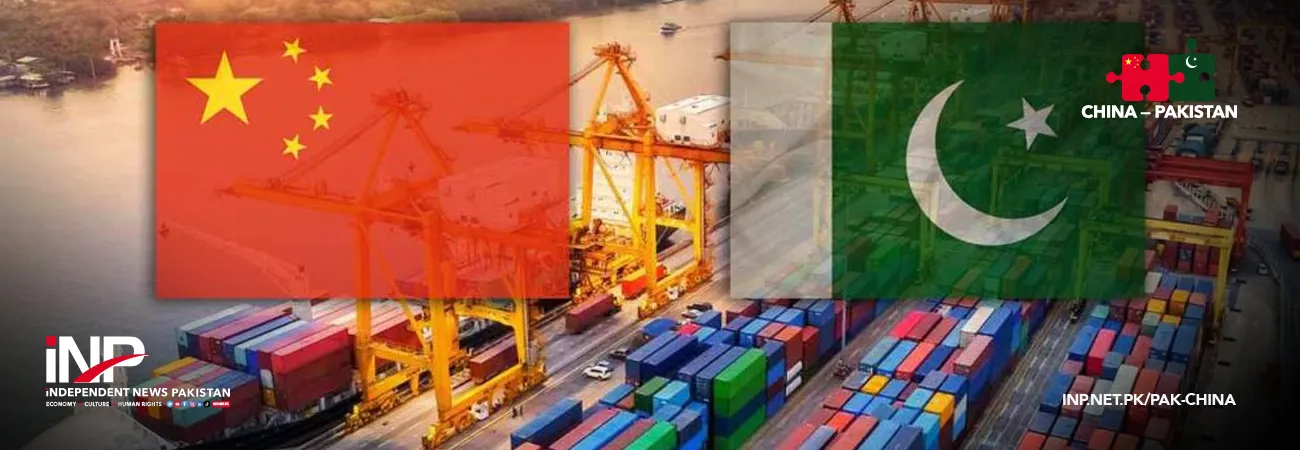i NEWS PAK-CHINA
Pakistan has achieved a major breakthrough in expanding its trade footprint in China, with more than 600 Pakistani enterprises successfully registered with the General Administration of Customs of China (GACC), a development that officials say will significantly strengthen Pakistan’s agricultural, industrial, and digital trade access to the Chinese market.
Gwadar Pro citing official documents stated that the registrations cover a wide range of sectors, reflecting the diversification of Pakistan’s export base. These include 25 mango hot water treatment plants, 21 citrus cold treatment facilities, and 103 rice exporters, all of which have been formally approved to export directly to China.
The milestone also includes 15 rapeseed meal companies, 106 cherry exporters, 175 seafood exporters, 185 sesame seed processors, 10 fish meal producers, and seven defatted bone enterprises. Several new product categories, including onions, donkey hides, and dairy products are currently under review for export clearance by the Chinese authorities, signalling a steady broadening of Pakistan’s export portfolio.
Officials at the Commercial Mission of Pakistan in Beijing noted that the Mission played a central role in facilitating these registrations by linking Pakistani exporters and chambers of commerce with relevant Chinese commerce bureaus. The Mission has also guided companies through procedural requirements and ensured compliance with GACC’s quality and traceability standards.
Beyond traditional exports, Pakistan is increasingly entering China’s e-commerce market, with over ten Pakistani enterprises now registered on leading Chinese digital platforms such as Douyin, JD.com, and Tmall. These companies are already marketing Pakistani products, including pink Himalayan salt, pine nuts, handmade carpets, rice, and cultural handicrafts to millions of Chinese consumers.
The Mission also processes five to six trade and investment queries per month, assisting Pakistani exporters with details on import regulations, port clearance mechanisms, and Chinese market trends. Coordination with Pakistan’s Trade Development Authority (TDAP), Board of Investment (BOI), and the Chinese Embassy in Islamabad has further streamlined business visas and trade delegations.
Observers say the rising number of company registrations underlines a deepening trust between Chinese importers and Pakistani exporters, strengthening the institutional framework of economic cooperation envisioned under the China–Pakistan Economic Corridor (CPEC) Phase-II. The expansion aligns with the government’s broader strategy to boost non-traditional exports, enhance B2B linkages, and integrate Pakistani enterprises more effectively into China’s global value chains.
Credit: Independent News Pakistan (INP) — Pak-China









